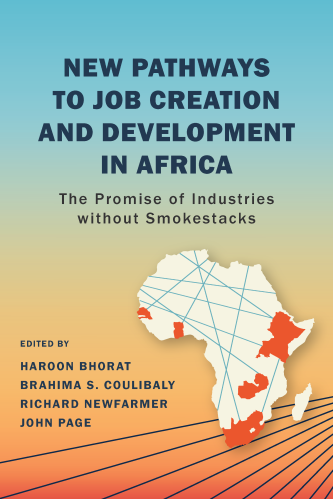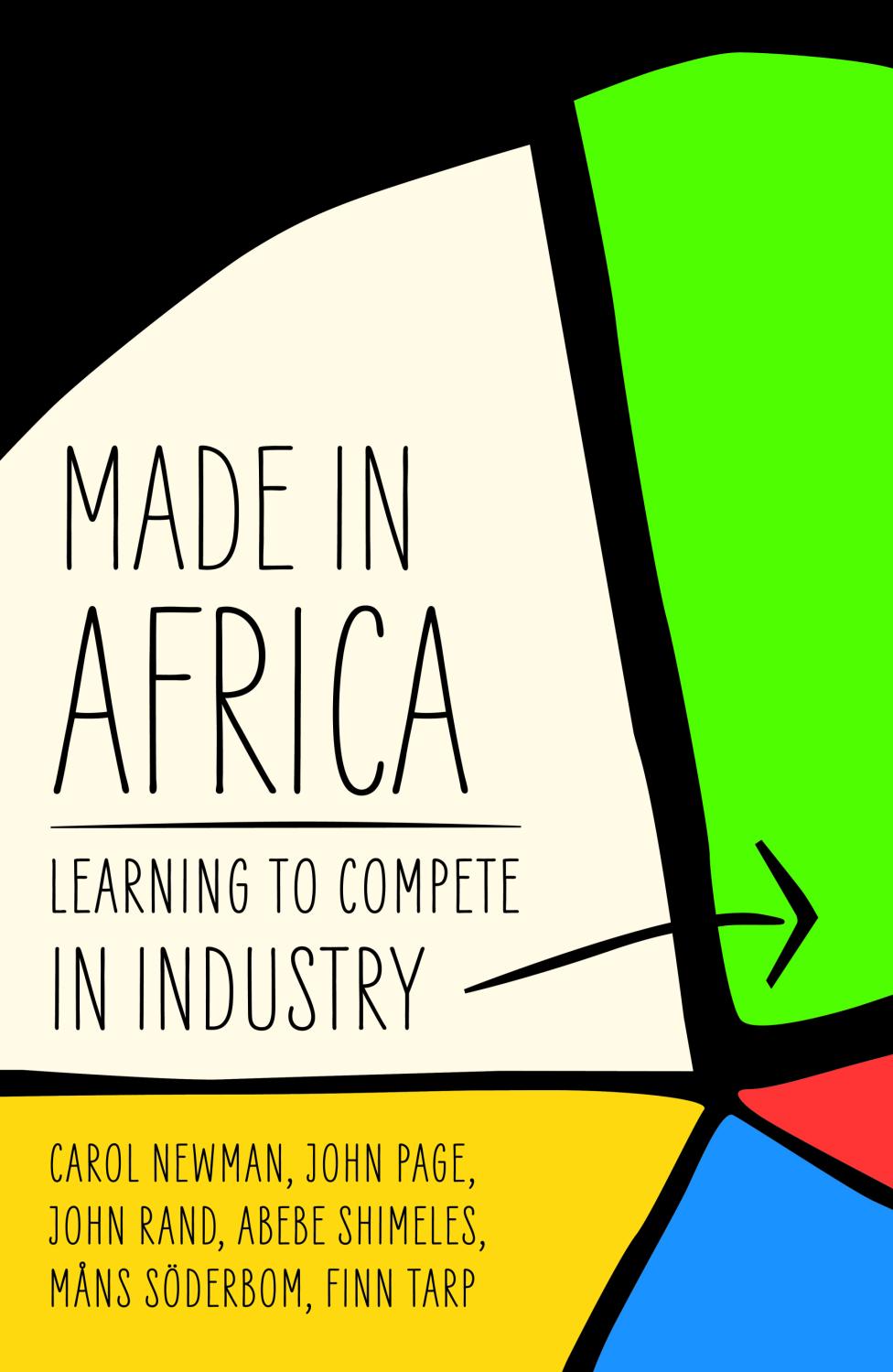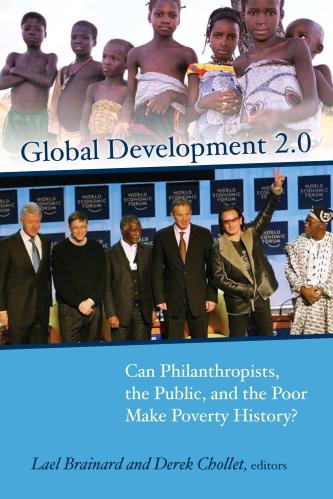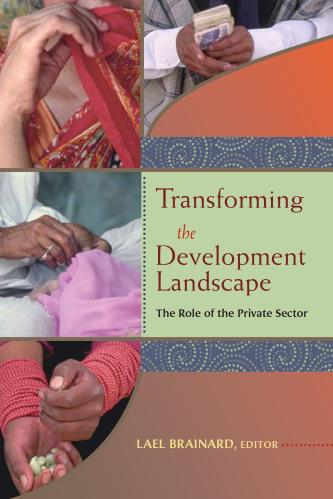


Book
Why is there so little industry in Africa?
Over the past forty years, industry and business interests have moved increasingly from the developed to the developing world, yet Africa’s share of global manufacturing has fallen from about 3 percent in 1970 to less than 2 percent in 2014. Industry is important to low-income countries. It is good for economic growth, job creation, and poverty reduction. Made in Africa: Learning to Compete in Industry outlines a new strategy to help Africa gets its fair share of the global market. Here, case studies and econometric and qualitative research from Africa, as well as emerging Asia, help the reader understand what drives firm-level competitiveness in low-income countries. The results: while traditional concerns such as infrastructure, skills, and regulations are important, they alone will not be sufficient for Africa to industrialize. The region’s growing resource abundance also presents a challenge, and industrialization strategies will need to adapt.
Carol Newman is an associate professor in the Department of Economics, Trinity College Dublin. Her main research and publications are in the microeconomics of development with a focus on both household and enterprise behavior.
John Page is senior fellow in the Global Economy and Development program, Brookings Institution, and nonresident senior fellow of UNU-WIDER. He was the World Bank’s chief economist for Africa until 2008 and has published widely on industrial development and industrial policy in Africa and Asia.
John Rand is a professor in development microeconomics at the University of Copenhagen. He has written extensively on the economics of the firm in developing countries, and in 2001 and 2008 he was an economic adviser to leading think tanks in Vietnam and Mozambique.
Abebe Shemeles is acting director of the Research Department of the African Development Bank. His main research interests and publications are in poverty analysis and labor economics.
Måns Söderbom is professor of economics, University of Gothenburg. His research centers on development economics and applied econometrics, and he has written about company performance and decisionmaking.
Finn Tarp is professor of economics, University of Copenhagen, and director of UNU-WIDER. A leading expert on development strategy and foreign aid, he has held senior posts and advisory positions in government and with donor organizations.
Related Books

Haroon Bhorat, Brahima Sangafowa Coulibaly, Richard S. Newfarmer, John Page
May 13, 2025

Lael Brainard, Derek Chollet
August 1, 2008

Lael Brainard
July 31, 2006
Authors
Carol Newman is an associate professor in the Department of Economics, Trinity College Dublin. Her main research and publications are in the microeconomics of development with a focus on both household and enterprise behavior.
John Page is senior fellow in the Global Economy and Development Program of the Brookings Institution, Washington, DC and nonresident senior fellow of UNU-WIDER. He was the World Bank’s chief economist for Africa until 2008 and has published widely on industrial development and industrial policy in Africa and Asia. He is the co-author of UNIDO’s Industrial Development Report, 2009.
John Rand is a professor in development microeconomics at the University of Copenhagen. He has published extensively on the economics of the firm in developing countries, and in 2001 and 2008 he was an economic advisor to leading think tanks in Vietnam and Mozambique.
Abebe Shemeles is acting director of the Research Department of the African Development Bank. His main research interests and publications are in poverty analysis and labor economics.
Måns Söderbom is professor of economics, University of Gothenburg. His research centers on development economics and applied econometrics. He has published widely on the decisions and performance of firms.
Finn Tarp is professor of economics, University of Copenhagen, and Director, UNU-WIDER. He is a leading international expert on development strategy and foreign aid. He has held senior posts and advisory positions in government and with donor organizations and is a member of a large number of international committees and advisory bodies.
Made in Africa